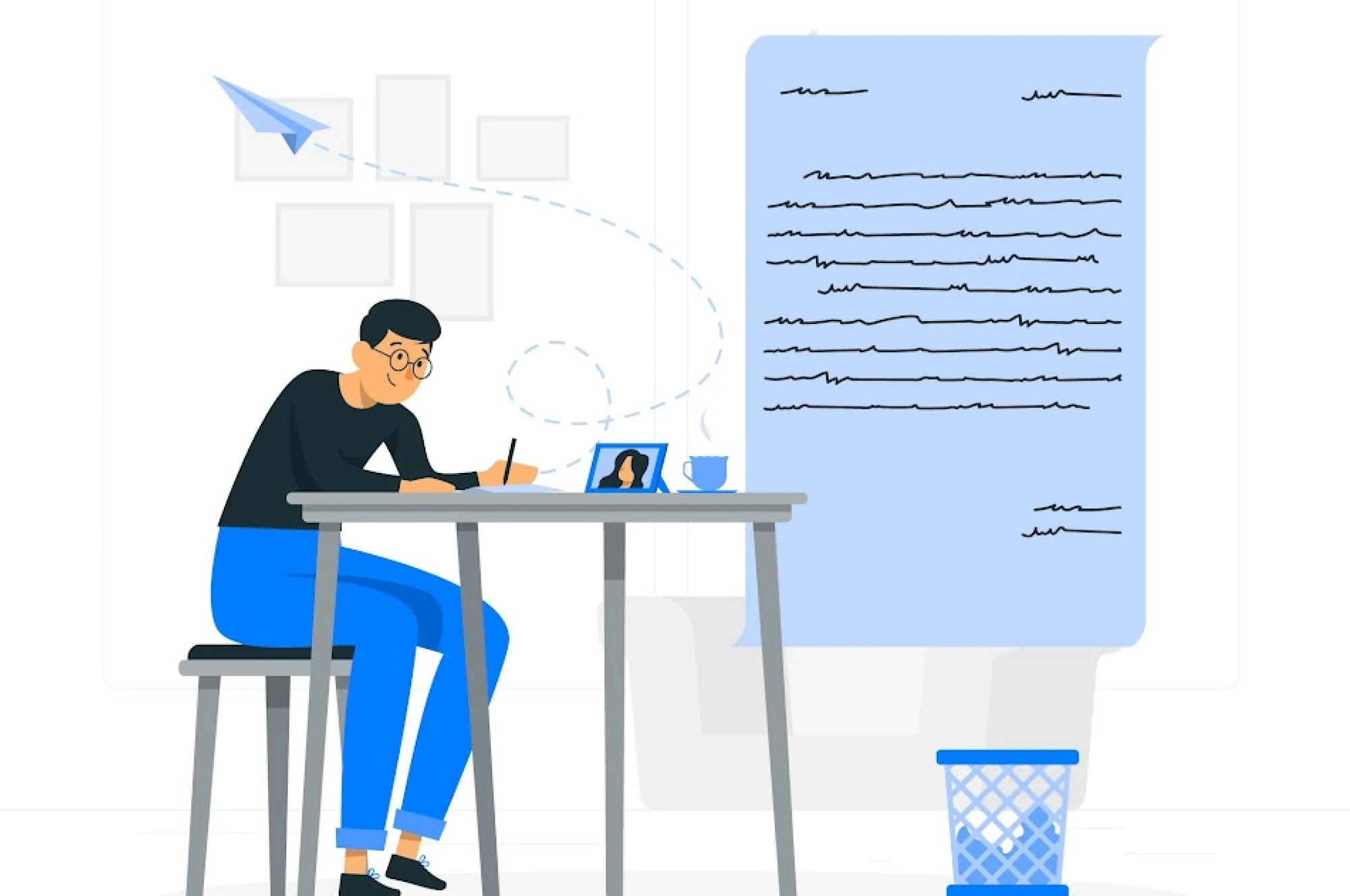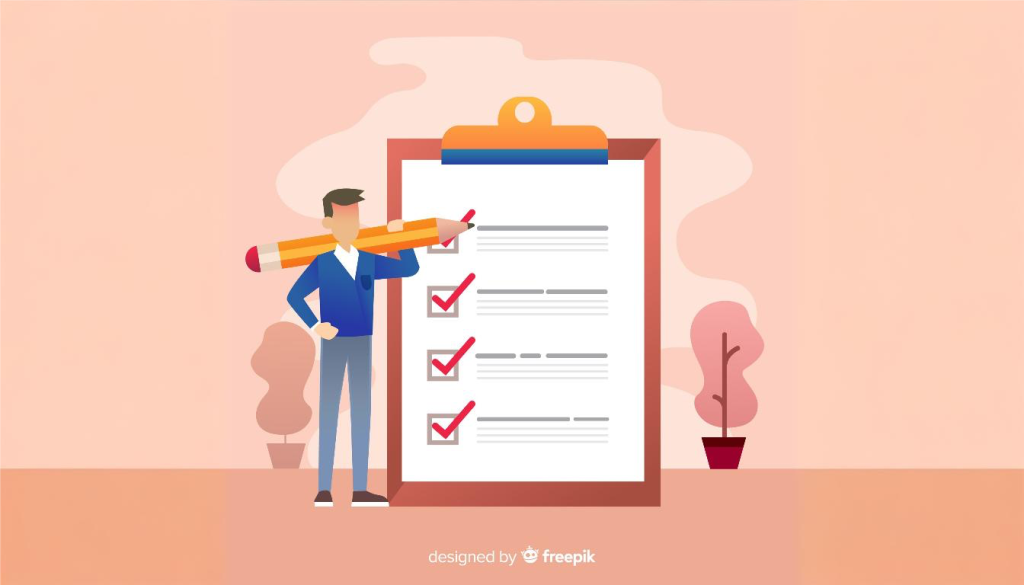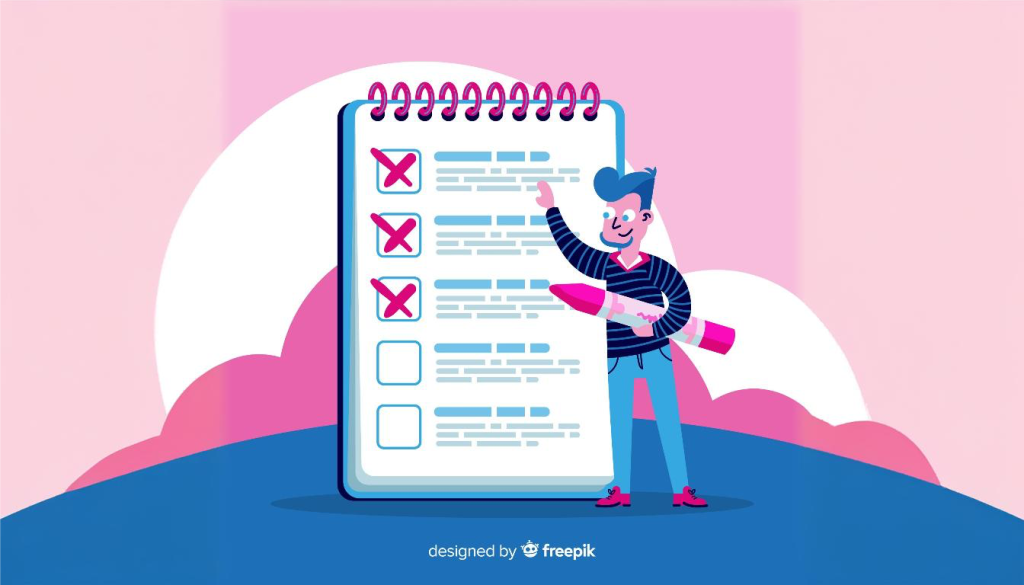
For NRIs (Non-Resident Indians) managing assets across borders, making a Will is crucial to ensure their legacy is carried out as they want and easing the inheritance process for their loved ones. In this guide, we’ll outline the essential “Do’s” and “Don’ts” to make the Will-making process straightforward, legally sound, and conflict-free. By following these guidelines, NRIs can reduce the risk of complications while keeping their estate planning process smooth and effective.
The Do’s of Will Making For NRI

- Clearly List and Categorize All Your Assets
For NRIs making Will, starting with a clear, comprehensive list of assets is essential. Ensuring that all assets across different countries are accounted for helps prevent confusion and avoids unintended exclusions.
Consider categorising assets: immovable property (such as real estate in India), movable assets (like bank accounts and vehicles), investments (such as stocks and mutual funds), and digital assets (including online accounts and cryptocurrency). Say, if you own a flat in Delhi and a retirement account in Canada, listing both in your will ensures that no assets are overlooked. For a deeper understanding, refer to our step-by-step guide to Will-making. This guide will walk you through the process, providing clarity and confidence in planning your estate.
- Regularly Update Your Will
Life is full of changes, and your Will should evolve alongside them. Significant events—such as marriage, divorce, or acquiring new property—should prompt you to update your Will, ensuring it reflects your current assets and intentions. Review your Will every few years or after any major life event to keep it aligned with your wishes. If you buy property in Dubai or experience a major life event, updating your Will will ensure that all your assets and intentions are incorporated into your estate plan.
- Differentiate Between Nominees and Beneficiaries
Clear understanding and differentiating between the Nominees and the beneficiaries is critical for NRI estate planning. A nominee serves as a caretaker or trustee of assets, holding them temporarily without legal ownership, until the rightful beneficiary, who has the legal right to inherit, is determined.
Nominees are typically designated through financial instruments, like bank accounts or insurance policies, while beneficiaries are appointed in formal legal documents, such as Wills or trusts. The nominee can often access assets quickly with minimal documentation, whereas the beneficiary may need to navigate legal processes like probate.
For Non-Resident Indians (NRIs) with complex estates, it’s crucial to ensure that the nominee aligns with the designated beneficiary in estate plans to avoid potential disputes. While nominees simplify the immediate claim process, beneficiaries ultimately hold the legal right to the asset. As explained by Ashok Mathur in his blog, if there is a lack of correspondence between the nominee and the beneficiary of a will, it may result in a legal conflict between the two parties.
- Seek Legal Assistance for Cross-Border Compliance
Inheritance laws vary across different countries. To avoid complications, consult a legal expert in both Indian and foreign estate laws. A lawyer can help draft a Will that is valid and enforceable in all relevant jurisdictions. An NRI with properties in India and the US should consult a lawyer to ensure that the Will meets both countries’ legal standards.
The Don’ts of Will Making For NRI

- Not Considering Multiple Jurisdictions
One of the biggest challenges related to NRIs is managing assets that are spread across different jurisdictions. All countries have different laws about property transfer, inheritance, and taxation. Take for an example, a house owned in India will be subject to Indian inheritance laws. While a retirement account that is held or opened in the USA is under the US tax laws of the country.
Double taxation treaties between India and various countries can alleviate some of these burdens. However, it is important that NRIs consult with professionals for legal advice to minimise potential tax liabilities for their beneficiaries.
- Appointing an Executor Without Cross-Border Expertise
Choosing an executor for your will is one of the most critical decisions in estate planning. This choice becomes even more essential for NRIs with assets in multiple jurisdictions. An executor without experience in cross-border laws may struggle with probate processes across countries, leading to potential delays and legal complications.
Choose someone who understands international estate laws, especially if your assets are spread across multiple countries. Selecting a close friend unfamiliar with cross-border estate processes can lead to delays; instead, consider a qualified professional or trusted family member with legal experience. You can also consider appointing a joint executor to achieve a balance of professionalism and personal understanding in managing your estate. Learn more about choosing an executor in our detailed blog, where we explore the role and significance of an executor in depth.
- Using Ambiguous Language in Your Will
While drafting a Will, a common mistake to be avoided is the use of vague language. It can lead to disputes or misinterpretations, potentially causing parts of your Will to be contested. A pro tip we often advise is to use specific terms, including names and detailed asset descriptions.
Using details ensure clarity and reduce the likelihood of legal disputes. For instance, rather than stating “my family shall inherit my property,” specify names and percentages like “My daughter, Priya, will inherit 50% of my Mumbai flat.”
Final Thoughts
Creating a Will as an NRI is a powerful way to ensure your wishes are respected and your assets distributed as intended. By following these “Do’s” and “Don’ts,” NRIs can create a clear, legally sound Will that simplifies the process for loved ones, reduces tax burdens, and protects against potential challenges. Prioritising clarity, selecting the right executor, and consulting legal experts are essential steps in creating a comprehensive Will which navigate the complexities of NRI estate planning, ensuring a seamless transfer of your legacy.
At Mitt Arv, we’re here to help you take control of your estate planning with ease and confidence. Our Asset Vault simplifies the process by securely organizing all your essential asset details in one convenient place. With instant access at your fingertips, you can effortlessly share critical information with your trusted contacts when it’s needed most. With options like terminally ill or posthumously, you can rest assured that your family has everything they need during difficult times.
With Mitt Arv, you can protect your family’s future, eliminate confusion in moments of stress, and create a seamless, stress-free transition of your legacy. Start your legacy planning with Mitt Arv today!!
Available on Android, iOS & Web.